
Our Topic
Especially in wars and armed conflicts, people are displaced or expelled. They have to build a new life far from their native country, usually under adverse circumstances. The causes of displacement and expulsion and what this fate means for those affected is the subject of the Documentation Centre for Displacement, Expulsion, Reconciliation.
In the 20th century and in the present, millions of people shared the experience of displacement, expulsion and forced migration. Even today, many people are forced to leave their homes. Many of them lose their lives in the process.
The causes and consequences of forced migration in history and the present differ: In Europe, extreme nationalism and the excessive violence of the world wars in the 20th century led to mass expulsions and even genocide. Wars and armed conflicts are an important cause of displacement and expulsion of large groups of people belonging to minorities. Governments also use expulsions as a political tool to supposedly settle ethnic and religious conflicts.
Understand what loss means
At the Documentation Centre, we are dedicated to the topic of displacement, expulsion and forced migration in the 20th and 21st centuries from a European as well as global perspective. In this context, we also remember more than 14 million Germans who had to leave the former Prussian eastern provinces and their settlement areas in Central, South-Eastern and Eastern Europe in the course of the Second World War that started in Germany and the National Socialist policies and their consequences.
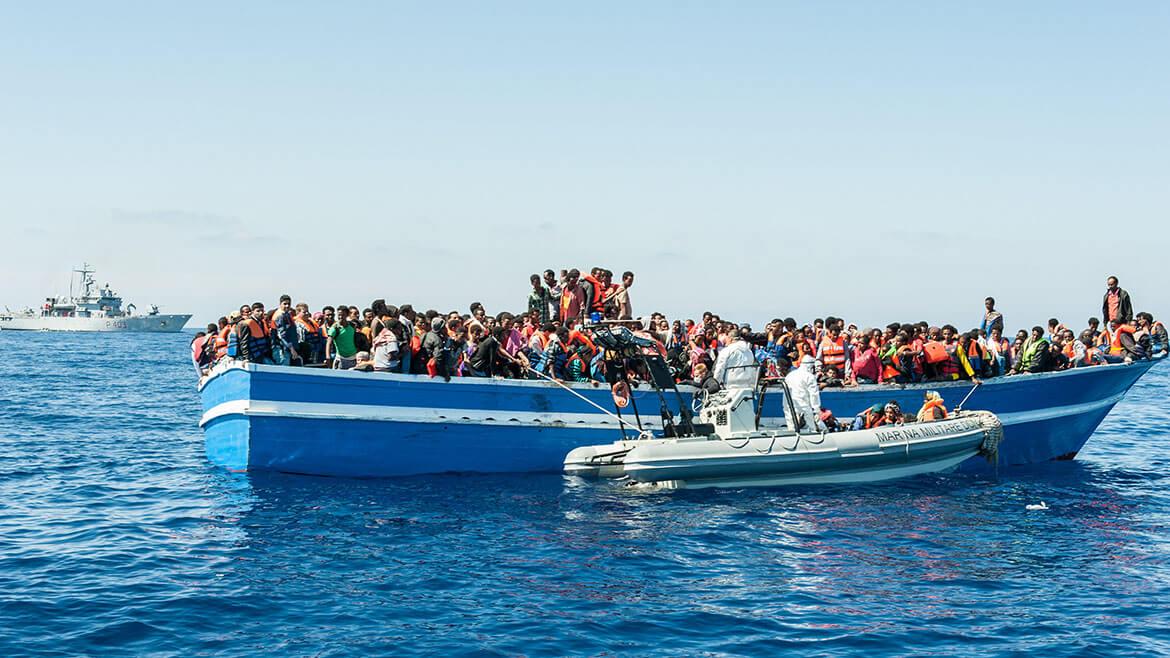
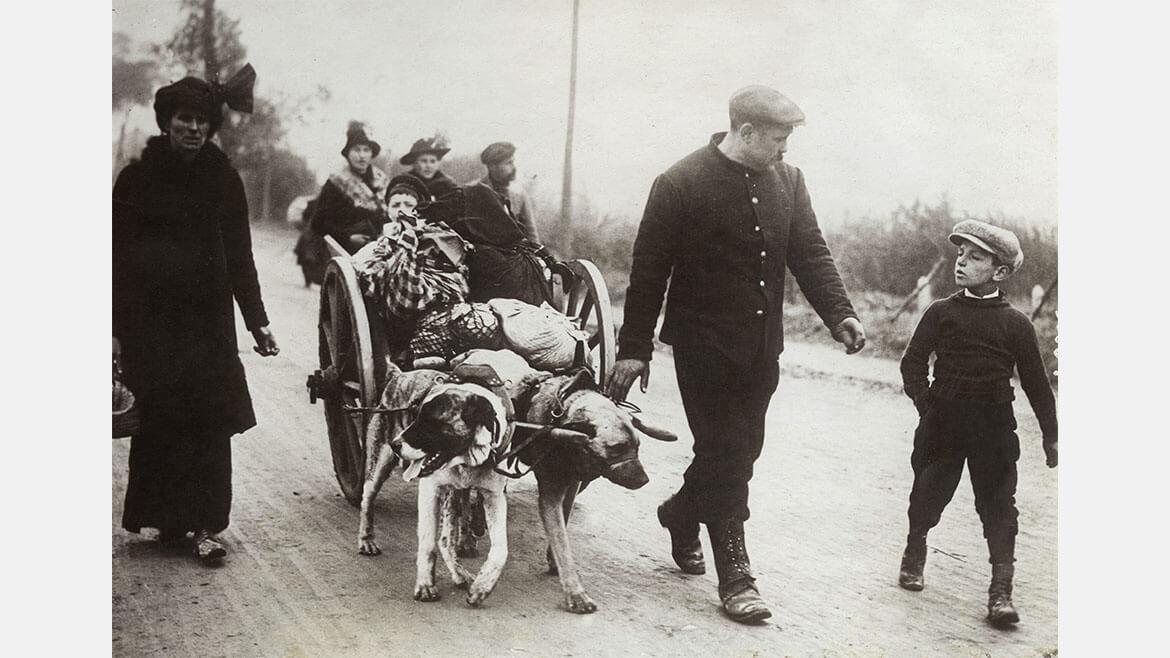
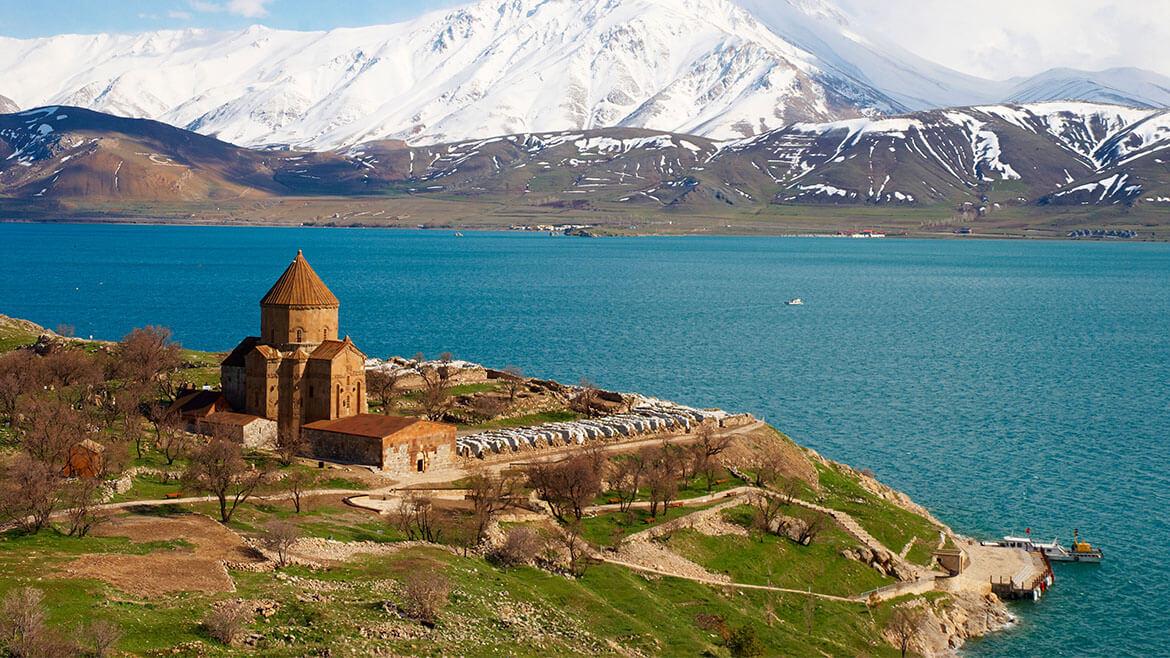
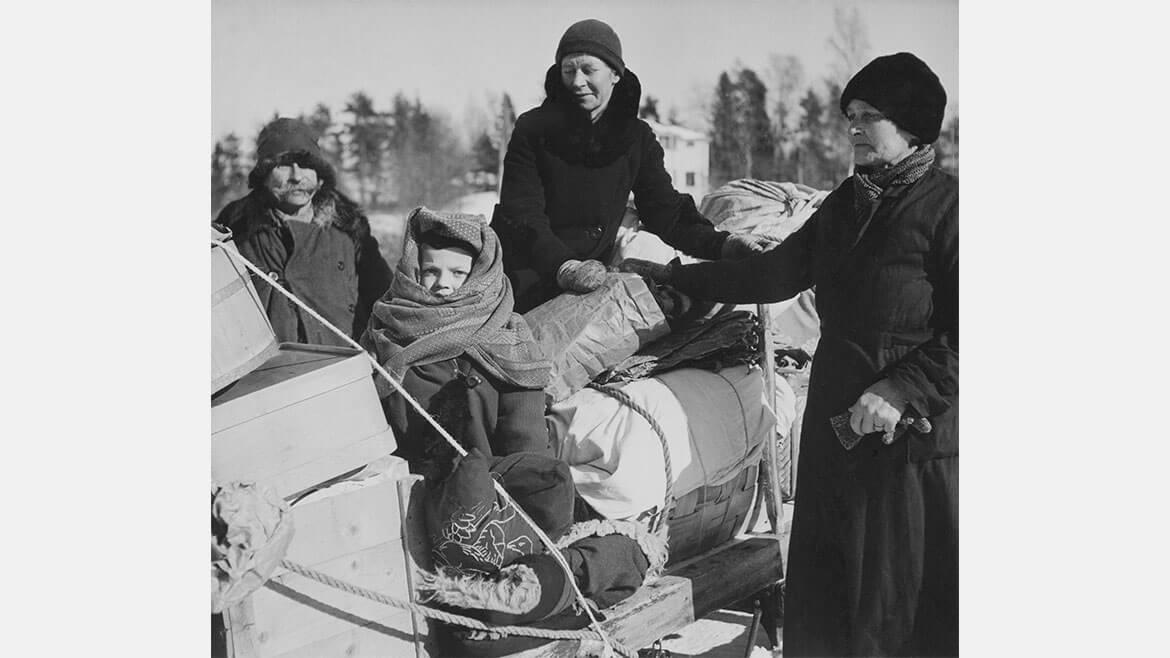
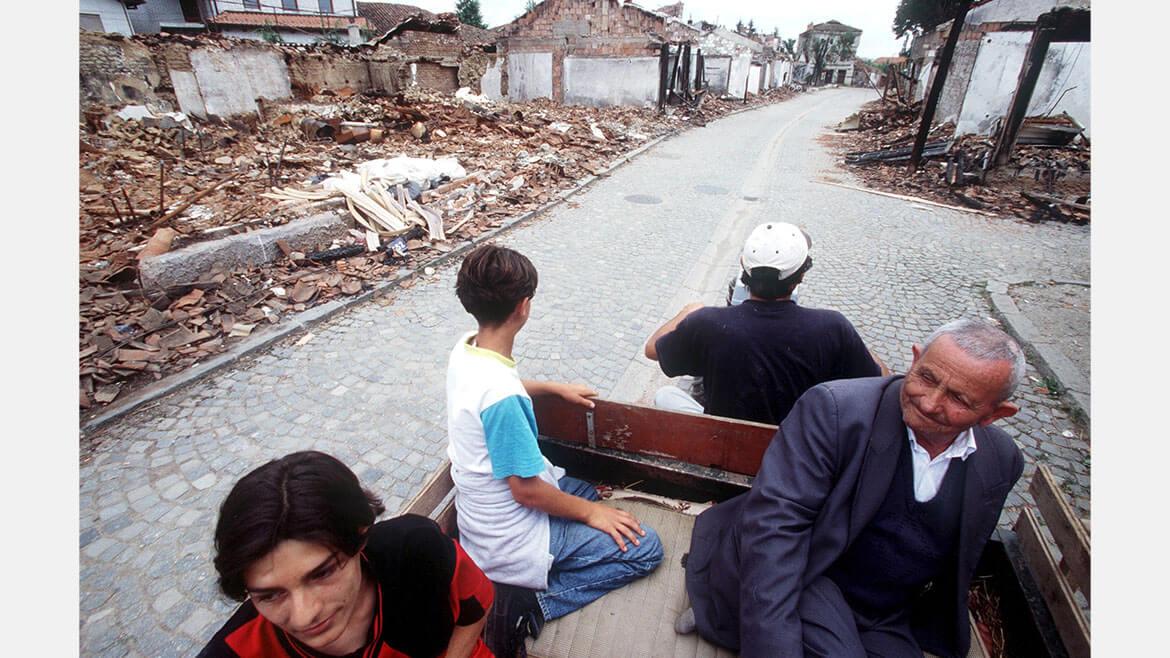
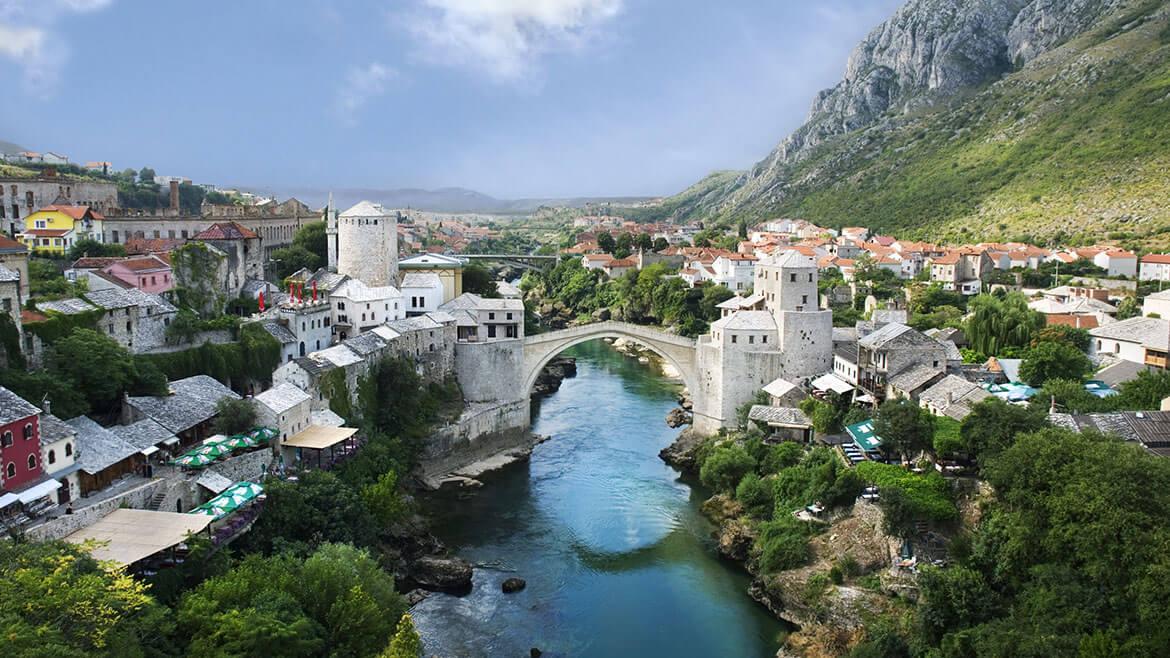
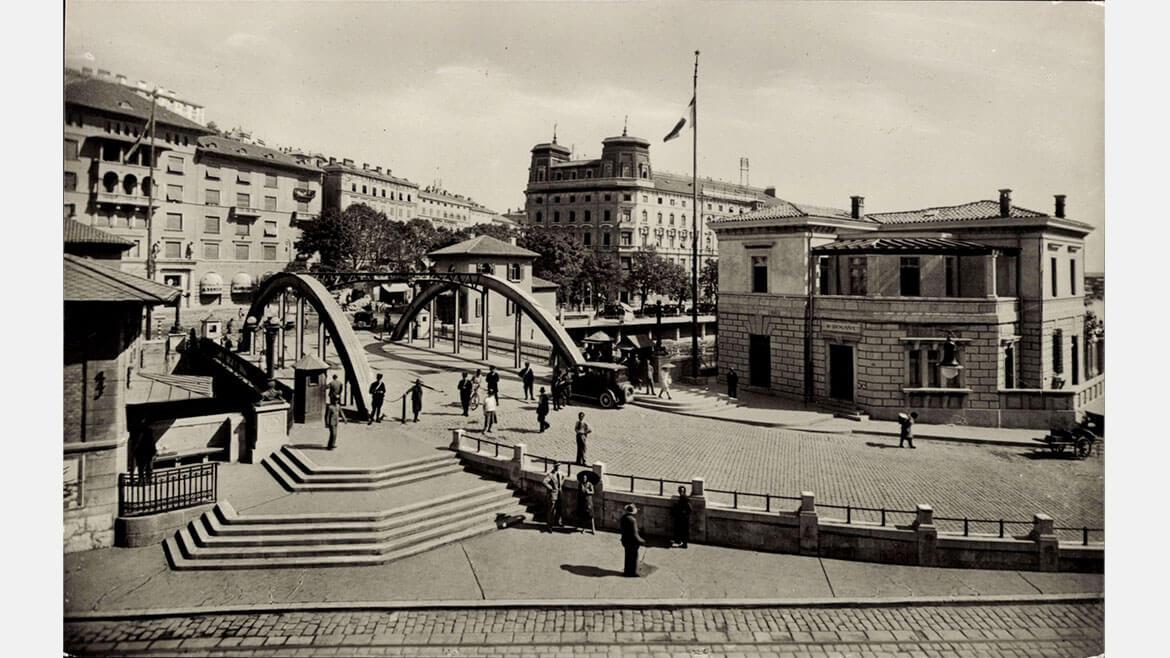
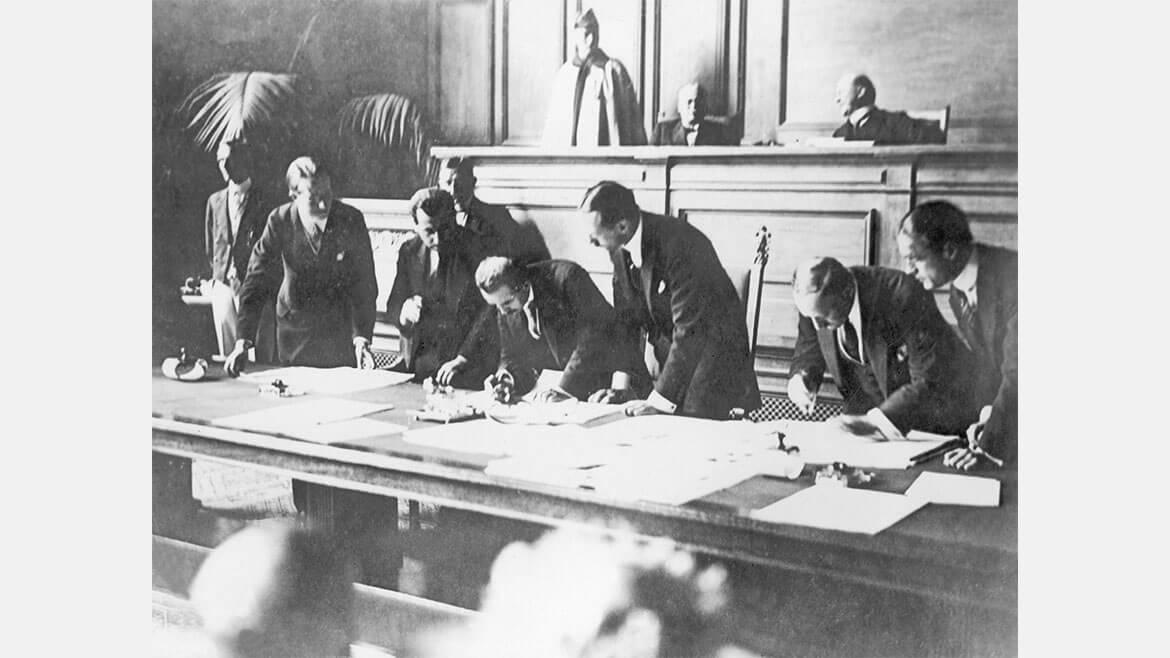
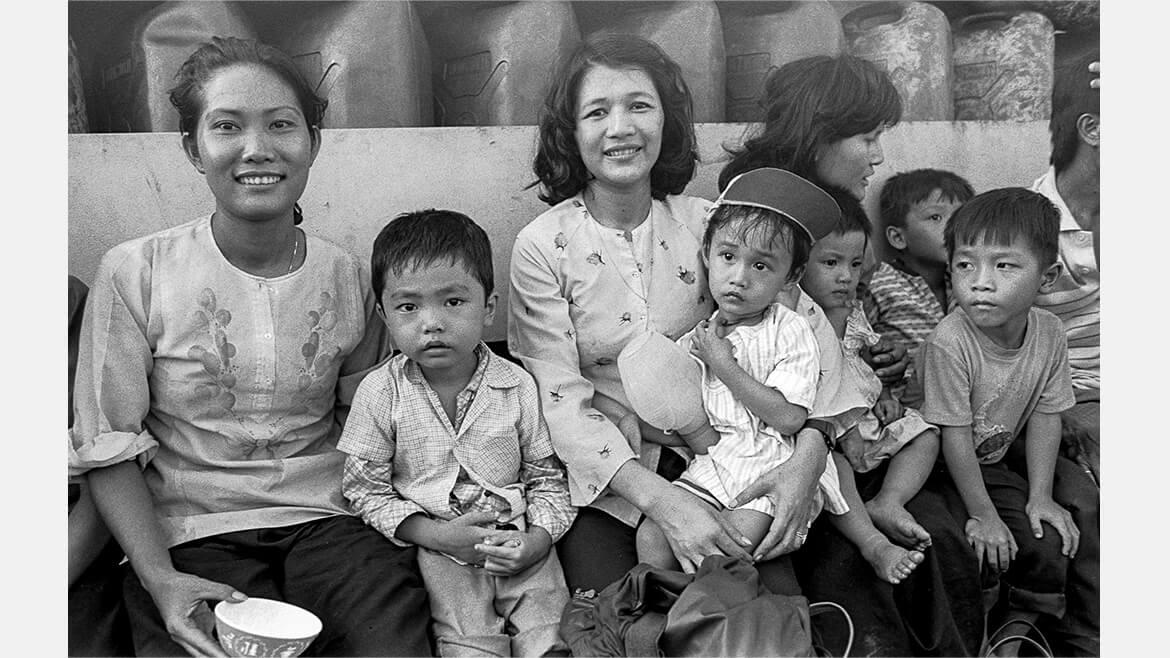
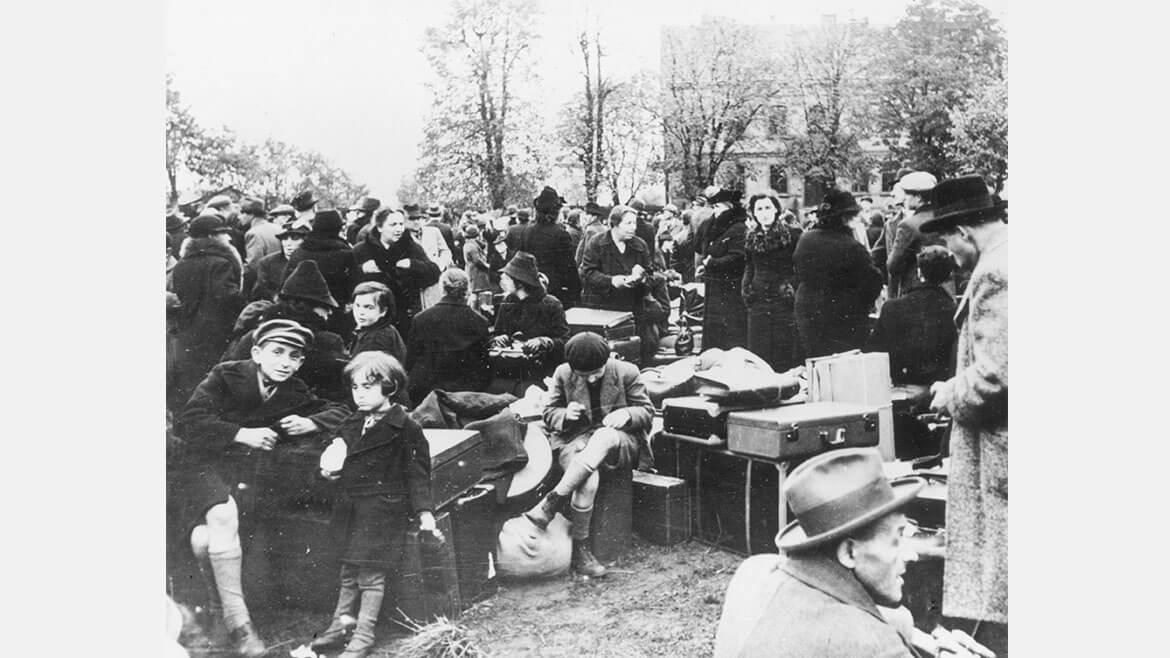
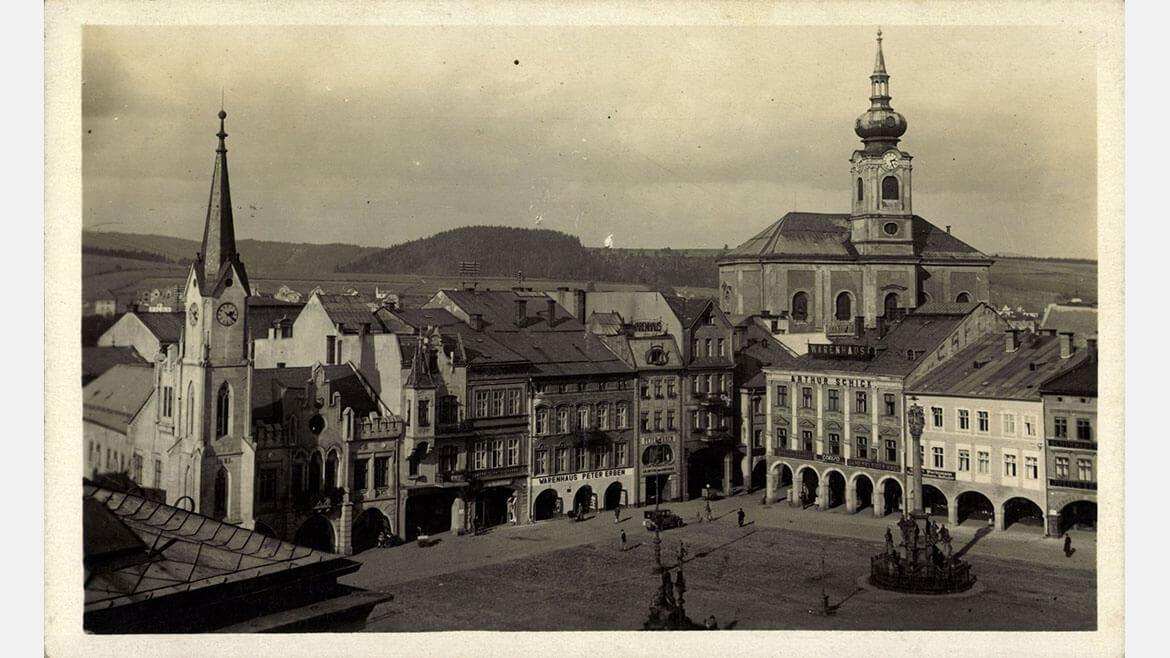
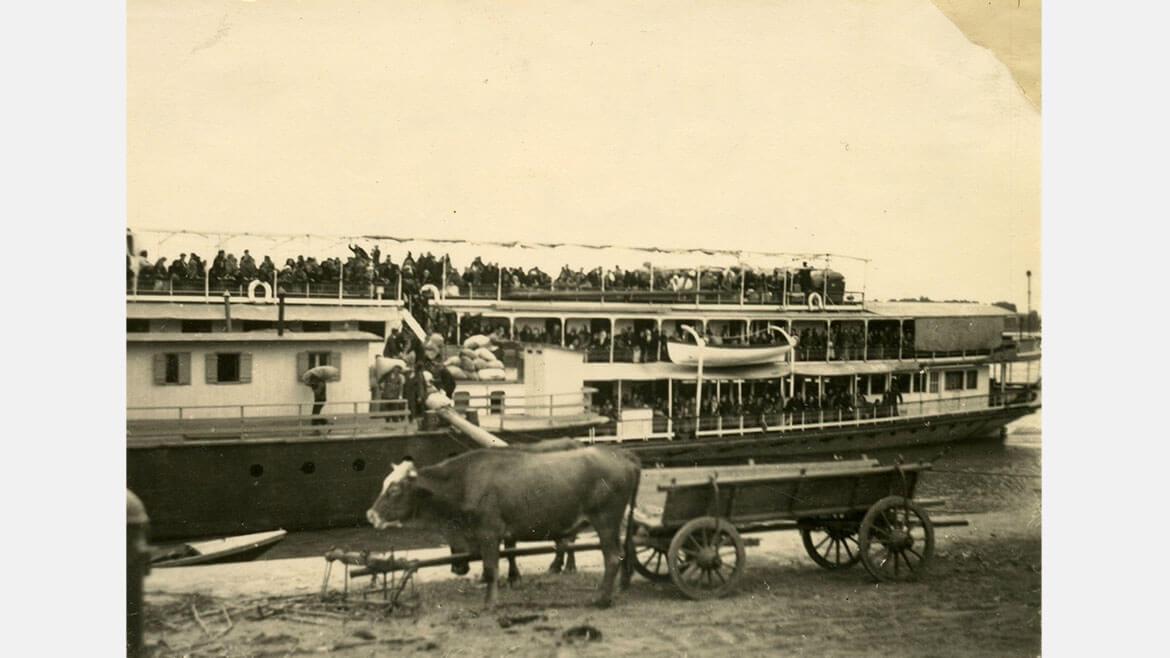
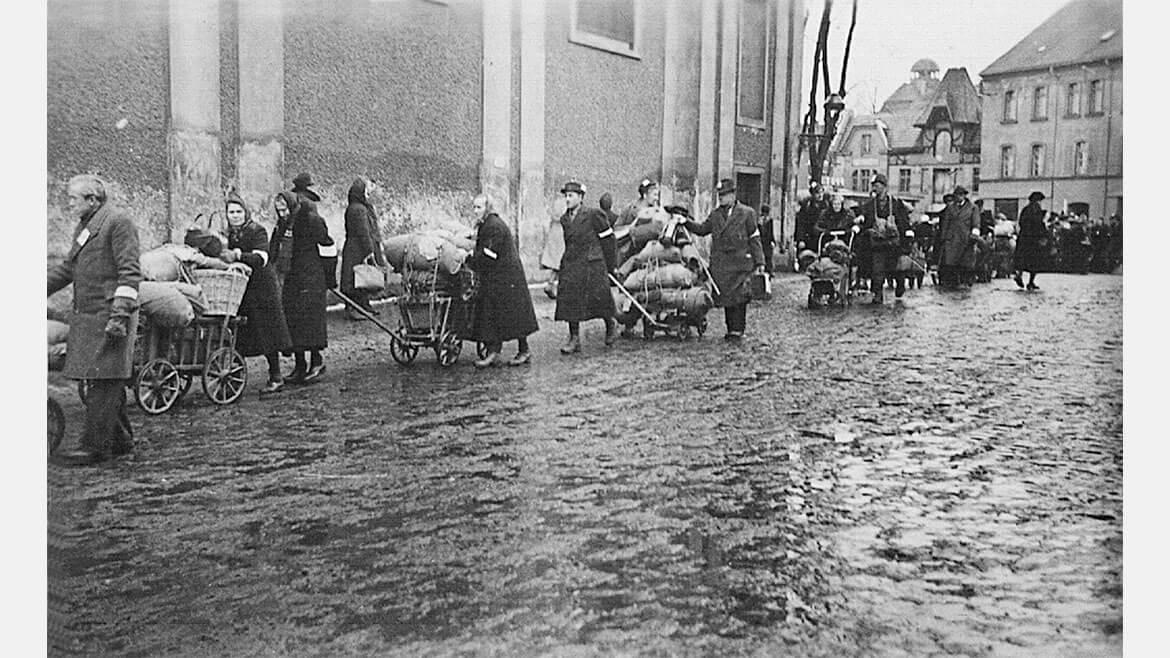
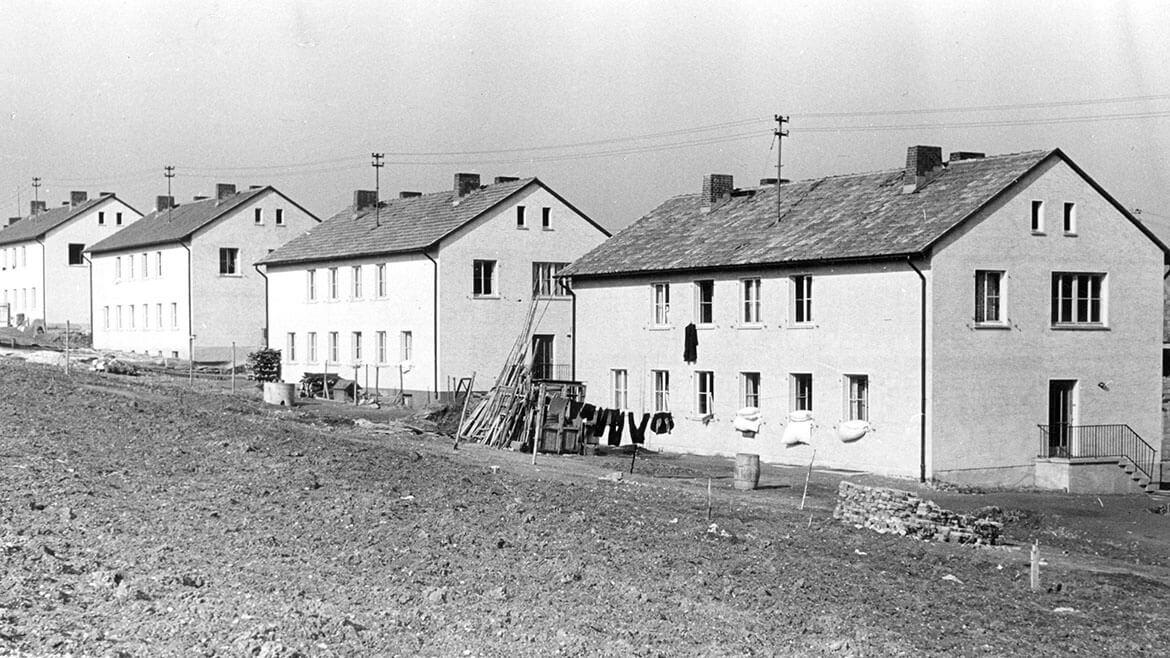

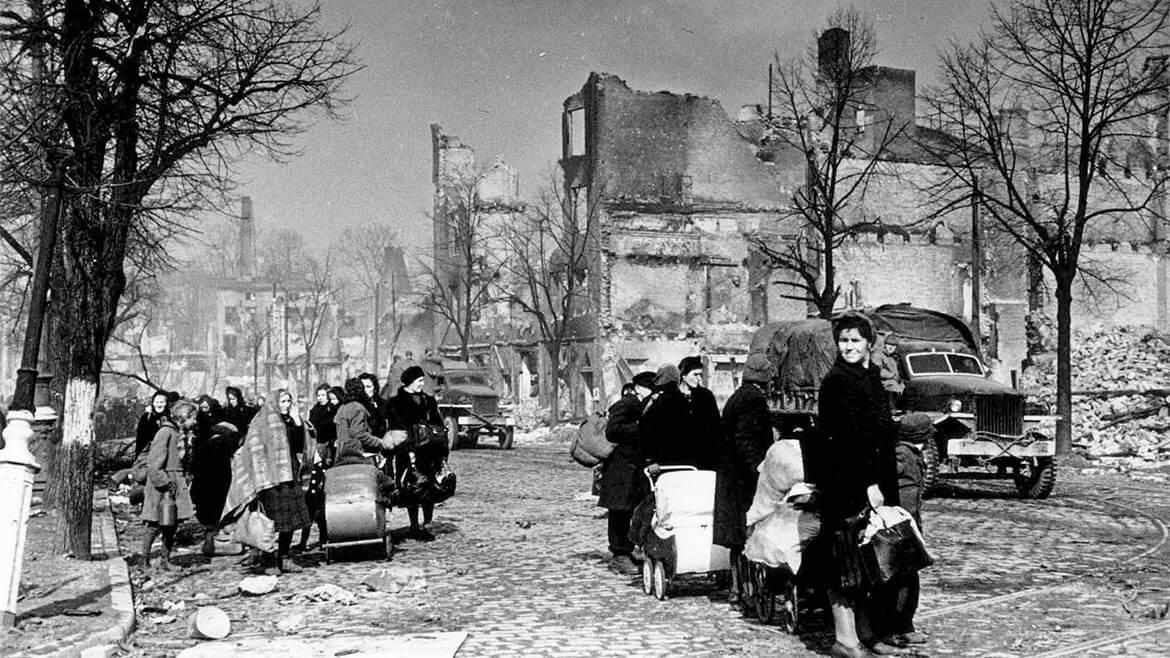
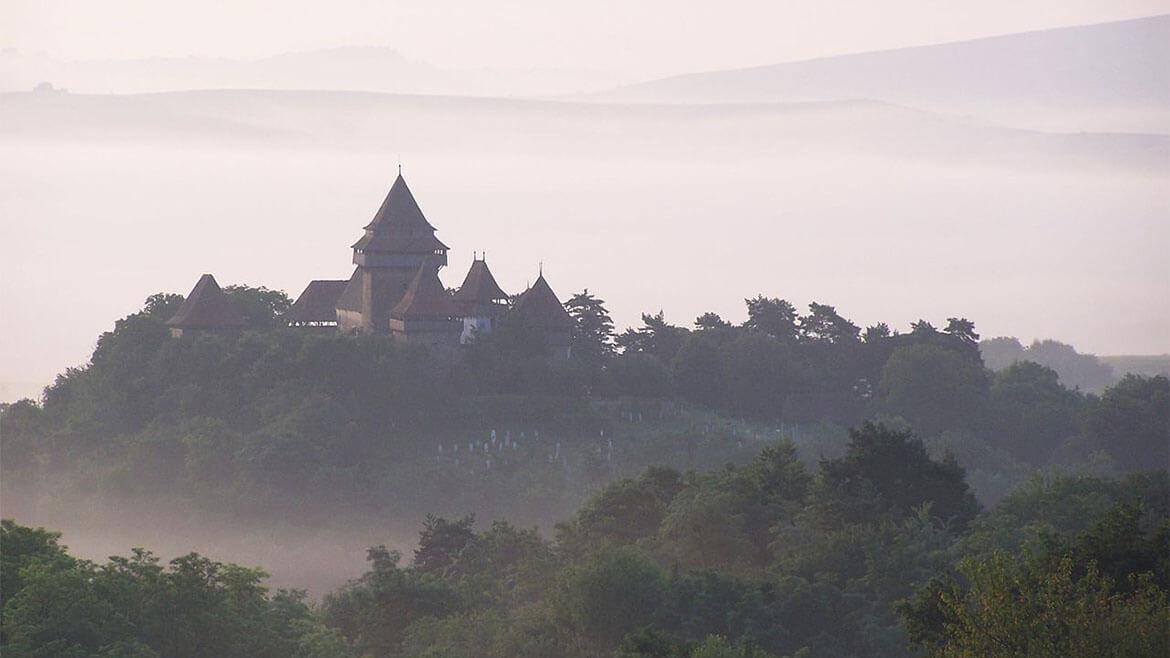
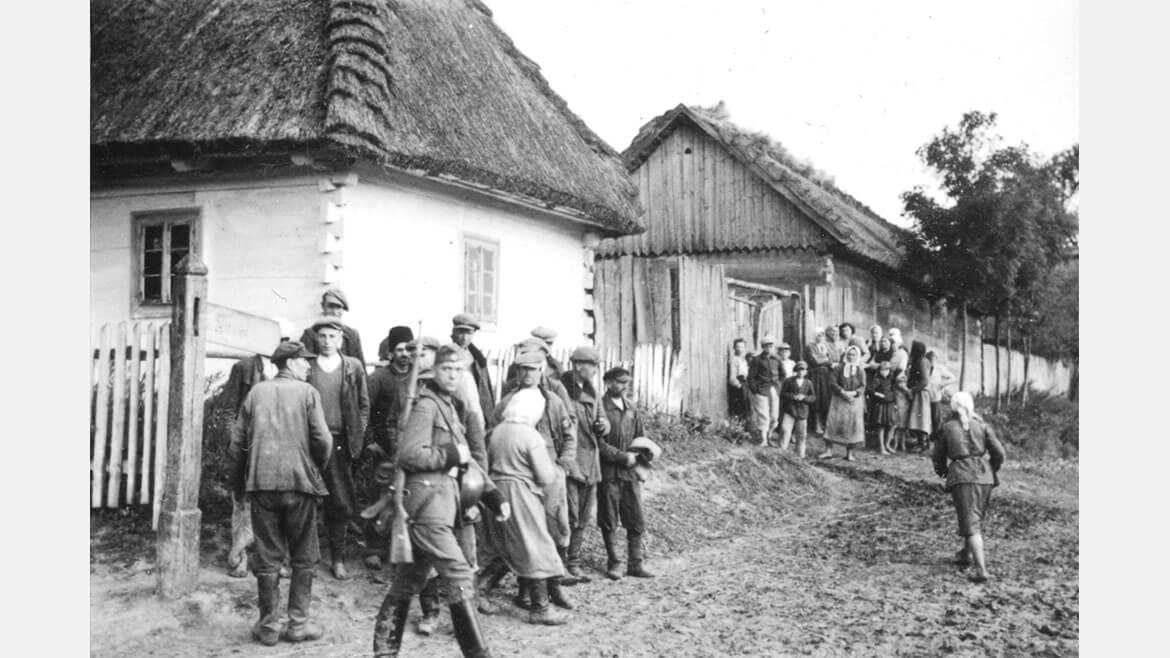
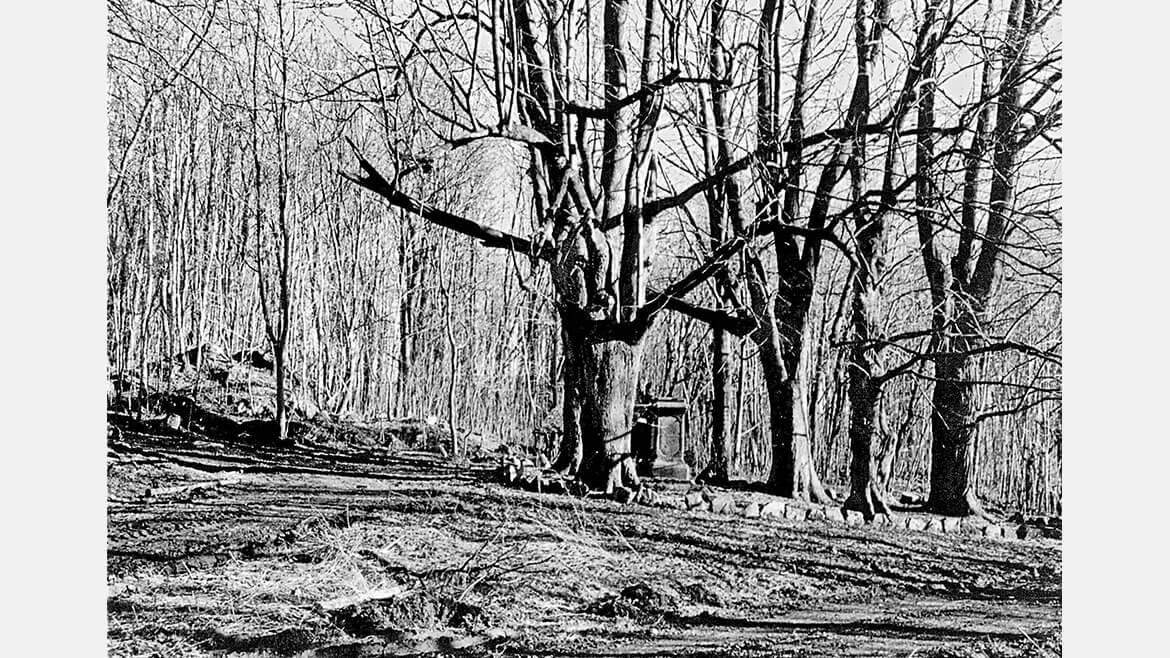
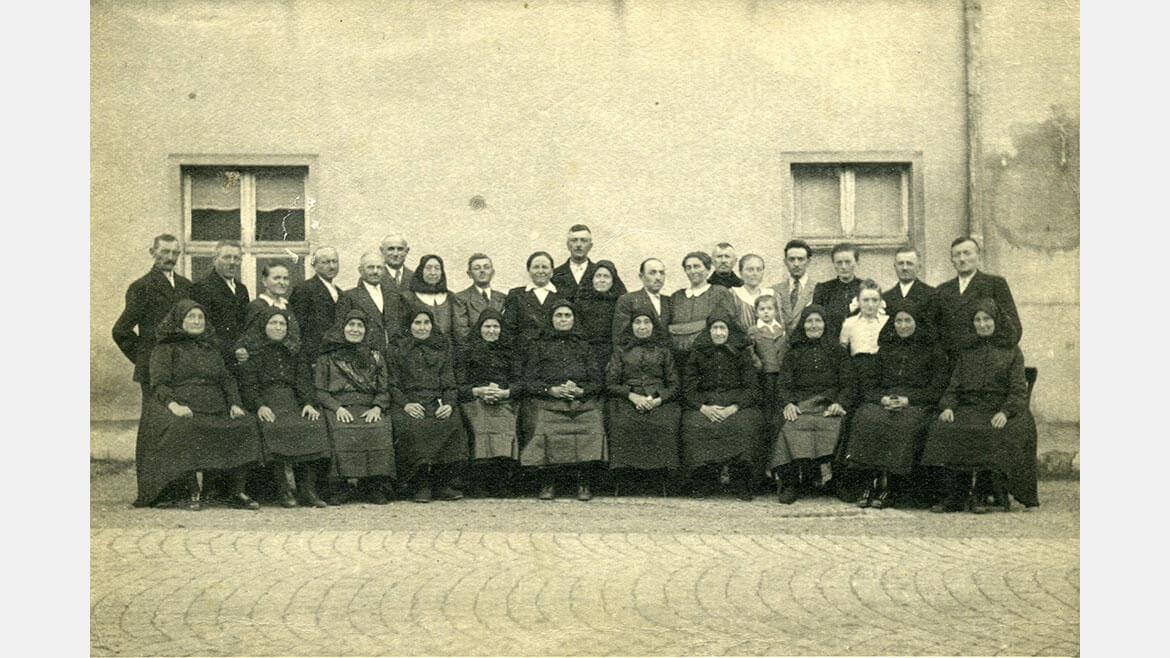
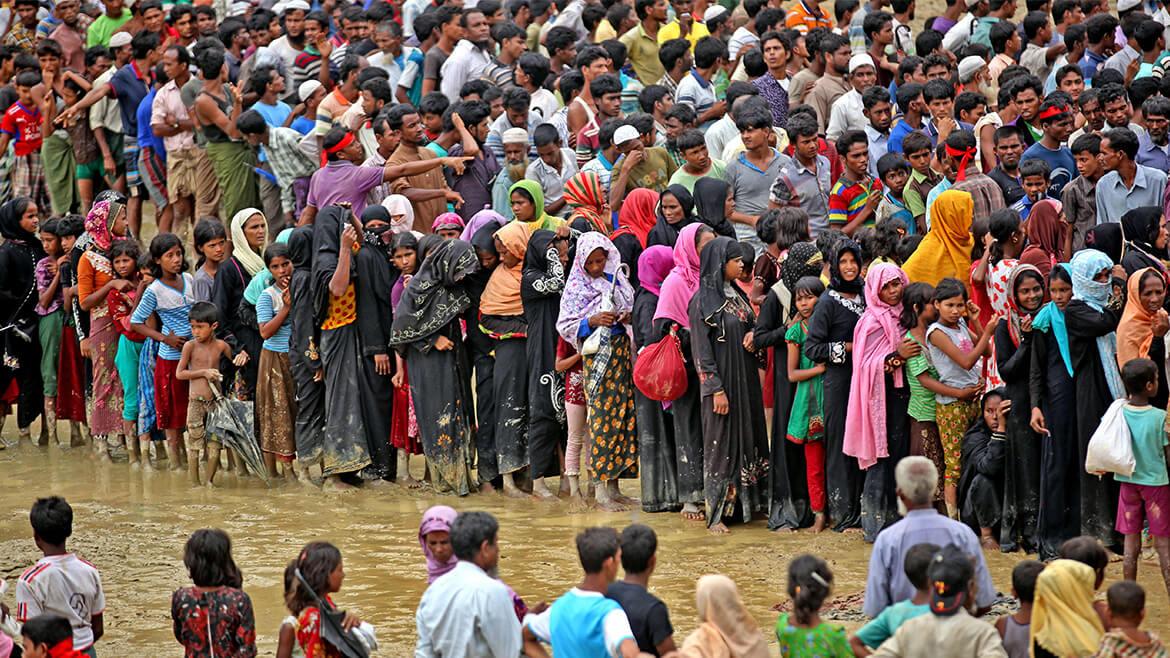
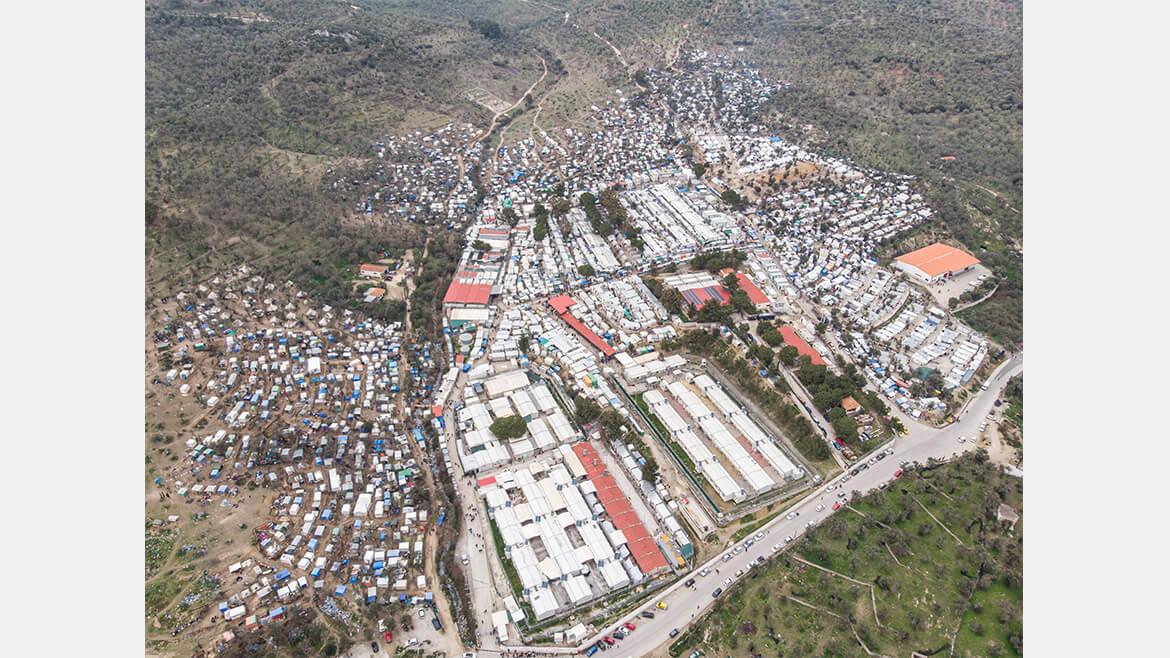
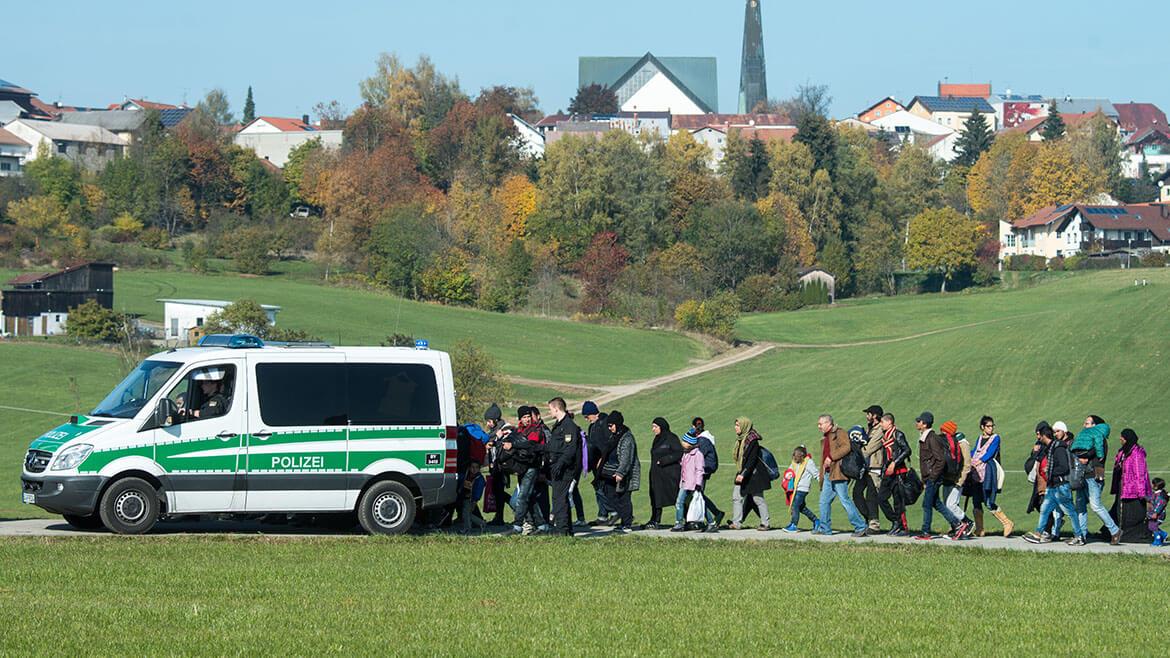
























Recommended Literature
Recommended Literature [PDF]